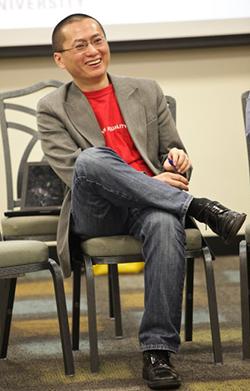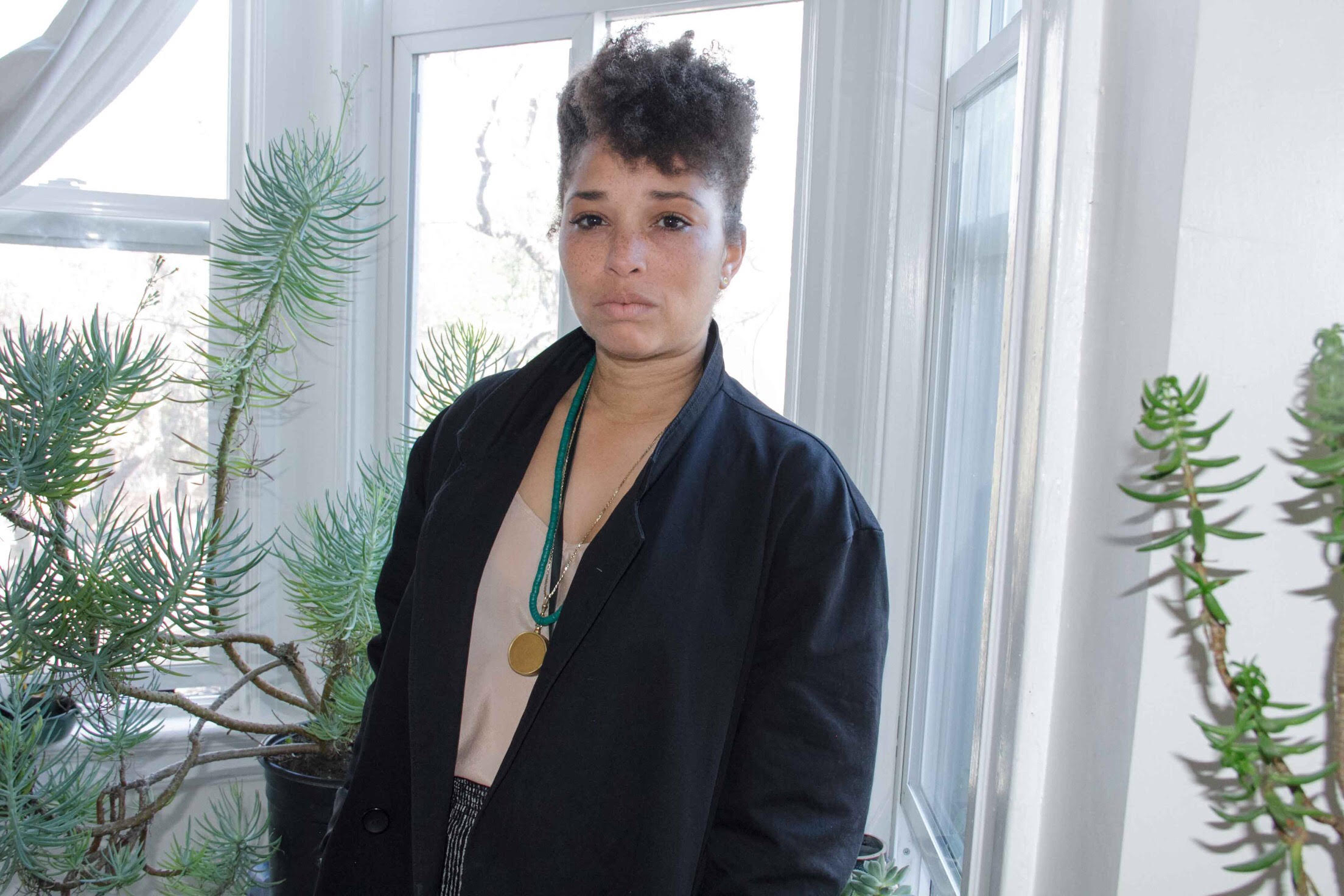Season 2 of the “Creative Distribution 101” podcast is back featuring acclaimed director Curtis Chin (also our first male guest!:)
Curtis has written for ABC, Disney Channel, and Nickelodeon, and won awards from the National Endowment for the Arts, New York Foundation for the Arts, and the San Diego Asian American Film Foundation. As a community activist, he co-founded the Asian American Writers Workshop and Asian Pacific Americans for Progress. His first film, Vincent Who? has screened at nearly 400 colleges, NGOs and corporations in four countries. His documentary, “Tested,” premiered at DOC NYC and follows a dozen racially and socioeconomically diverse eighth-graders as they fight for a seat at one of New York City’s schools. It has screened at hundreds of schools and communities around the world, and Curtis planned this campaign himself. He’s here to tell us how.
In this episode, he talks about the serendipity factor in one’s career, the educational market, speaking engagements, how to be organized and efficient while running a massive campaign, and much more! Check out the episode below and let me know your thoughts in the comments or on Twitter (@norapoggi) !
Or stream in-browser here:
Show Notes:
- Word of mouth just gathered steam, a lot of students talk to each other and recommend speakers. After a dozen events, I had to start charging and increasing my rate as it became my full-time job.
- I learned that you have to ask yourself what type of filmmaker are you, what is the language your audience is speaking? If your key audience is festivals, you will edit differently than if it is for academics or activists
- After my first film a lot of schools asked me what is your next project and this article in the NYT about NY city public schools struck me that’s when I decided to pursue that project, I felt I had a built-in audience and i was building a name as a social justice filmmaker. That’s the issue of branding. When I talk at these schools i talk very passionately and hope to spark new ideas, that’s why they bring me out.
- Because we didn’t have film festival buzz, we had to generate excitement on our end. What we had going for us is, It was and remains a very topical issue. Word of mouth just gathered steam, students talk to each other. I went back first to the people who had seen my first film, I had developed a database. Then i investigated the academics who i thought would be interested. Mit brought me in for their admission officers. College campuses is a lot more than the students.
- Not every film will have success in the educational market. Get a sense first of, is this what students will want to watch on campus, is it something that the teachers will want to add to their syllabus. Assess your film and where you think it’s going to hit, it’s not going to be right for every single market.
- I am very aggressive about asking people for names and advice. I ask interested parties who else might be interested in my film. You never know who you will be connected to. These people might serve on a board, etc, they are involved in that community.
- I built a mailing list for my first film and there is some overlap. I tried sign-up sheets at screenings for the first film and then typed up their names on my airplane trip back home. I’m working on my book “everything I learned, I learned in a Chinese restaurant” and basically I learned multi-tasking, how to do 5 things at one time. I make sure to be really efficient. All this can be overwhelming but you have to take it piece by piece and tackle it. Type up the names on the ride back home instead of bringing stacks of papers that accumulate on your desk.
- I usually had an anchor host who wanted to bring me to campus. I went to japan and korea where I did 8 screenings.that happened because I was invited to speak on a panel and met someone who got me funding to go to Korea. She found 3 other screenings in Korea and when I posted about my trip on facebook someone put me in contact with a friend who got 4 screenings in Japan. All that was by going to one panel where they liked what I had to say. I will go wherever they pay me to go.
- You have to make sure you’re the type of person who likes to do that. I like to meet people, I like to engage, going out on the road and finding the energy to do it every night in a different city is something that feeded off of my personality. Not every filmmaker is like that. I don’t think of it as hustling because i really enjoy it. We know we can’t put everything we want to say in the film so the q&A is a chance to talk about other things I didn’t get to put in the film.
- Pricing is really individual. Figure out what your value and worth are. I found my price point my testing the waters and upping it, and upping it. What is it worth for you to be on the road that much? I tell filmmakers to always ask for something. If all of us ask for something, then it’s easier for all of us. Bt the way corporations pay very well.




